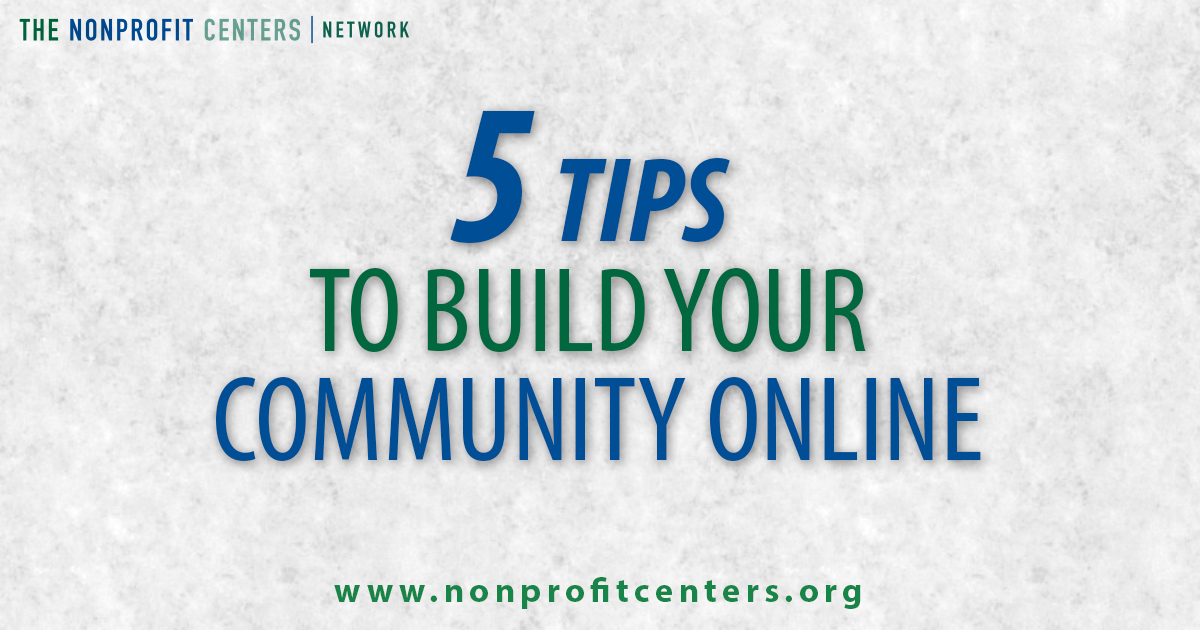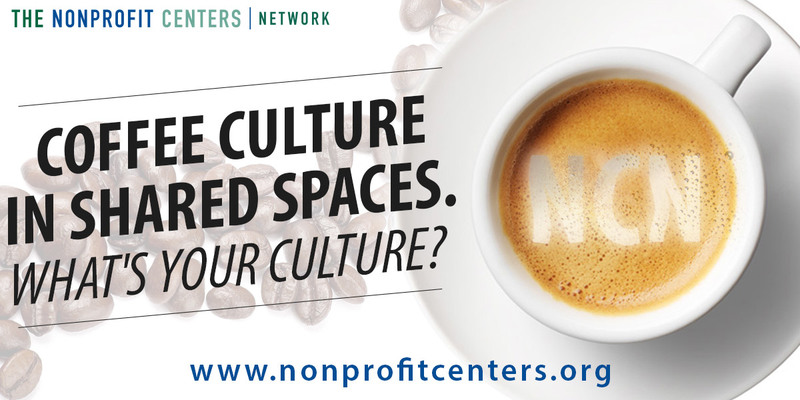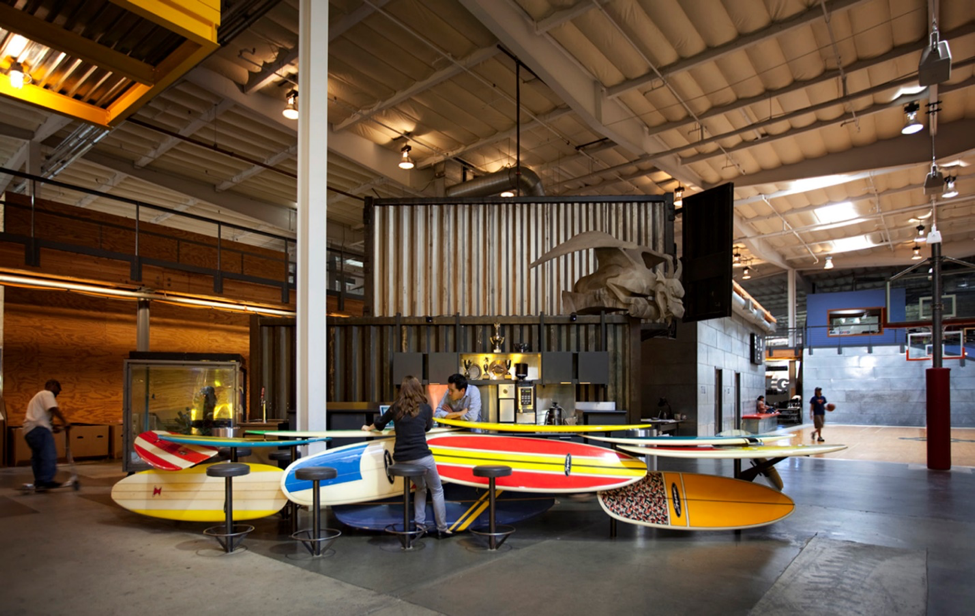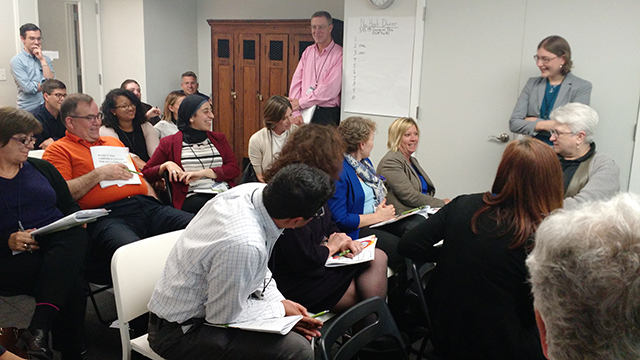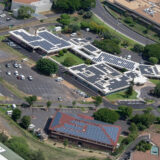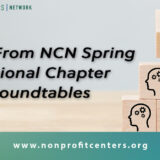I recently had the privilege of participating in two stimulating NCN convenings in Philadelphia.
As Manager of the OpenGov Hub in Washington, DC (an NCN member), I sometimes wonder if there are other people who can relate to the uniqueness of my role. On any given day, I juggle a plethora of activities, from working on the big picture to the more mundane (like explaining our unique work to visitors on a regular basis, brainstorming programs and partnerships, improving our members’ day to day experience at the Hub, and designing events and other ways for our members to collaborate for greater efficiency and effectiveness).
But NCN has given me exactly what I needed – a supportive network of other folks who understand the ins and outs of the unique, mission-driven business of running nonprofit collaborative spaces. The coworking movement in general is still quite nascent, and the nonprofit segment within it perhaps even more so.
Coming together with other operators of nonprofit resource centers presented an invaluable opportunity for me to reflect on the OpenGov Hub’s own strengths and challenges. The gathering sparked countless ideas for me on how the Hub might improve: how we enhance improve our daily operations, align our business model with our mission, create the culture we seek, evaluate our impact, and perhaps most importantly, facilitate and promote meaningful collaboration in our community.
Here are just some of my takeaways:
Day 1 – Creating High Impact Shared Spaces
This workshop focused on business models, cultures, collaboration efforts, and evaluating our impact evaluation.
- When it comes to collaboration, we aspire to do it all: build trust, connect dots, and track collective impact. NCN staff presented a helpful typology of three approaches shared spaces take to promote collaboration between tenant members: trust builders (help members get to know each other as individuals), dot connectors (help find alignment across areas of work), and impact trackers (help manage higher-order, ongoing collaborations). It might be ambitious to strive for achieving all three (and not necessarily simultaneously), but I’m excited to test, learn and iterate new approaches (in the spirit of our shared value of innovation!) to tap the enormous collaborative potential in our network. In fact, the OpenGov Hub has just published its first-ever strategy that articulates how we might be more deliberate in better fulfilling our mission.
Day 2 – Overcoming Barriers to Nonprofit Resource Sharing
This session provided insights from the forefront of social science research about how and why people behave as they do, to help us understand some of the deeper behavioral and psychological barriers to of getting organizations to share resources.
- To effectively promote collaboration, we should aspire for “self-interest properly understood.” To take a line from one of my favorite political philosophers Alexis de Tocqueville, self-interest properly understood I think is all about recognizing that when we make efforts to improve our collective welfare, we all benefit tremendously as individuals. I think this is both a realistic and an ambitious target for individuals seeking to promote collaboration between organizations. We are all naturally inclined to think of ourselves and our organizations first; but shifting our mindsets even slightly help open us to engaging/working with others in a way that is mutually beneficial for outsized impact. Most importantly, the self-interest properly understood mindset helps us pursue collaboration opportunities in a way that’s driven by a relentless pursuit of best achieving our respective bottom-line missions about why we really do what we do.
So, how does the OpenGov Hub fit in the growing ecosystem of nonprofit coworking spaces?
1) We’re well-positioned to meaningfully collaborate, as an intentionally themed space. It seems that every coworking space (for or nonprofit) aspires to be more than just a space. But there is often a somewhat general common thread that unites tenants (ex: an interest in social change). This realization makes me feel even more confident in the OpenGov Hub’s ability to promote meaningful collaboration, because we anyone who wishes to join our community has to have some connection to our opengov theme. This means we can design all sorts of programs and activities specifically target the issues in this field, in addition to more general capacity-building efforts (like helping train member organizations on fundraising or communications).
2) We’re fairly large and mature compared to other spaces. With almost 40 current member organizations and about 200 individuals who regularly work out of our space, we’re on the larger side of the spectrum. (On average centers have 12 tenant organizations and about 70 individual members.)
3) Financial self-sustainability is one of our greatest strengths. Most nonprofit shared spaces – like most nonprofits in general – need to rely on philanthropy to fund their operations/cover their costs. While the OpenGov Hub received a few founding sponsorships in the beginning, we currently run entirely on earned income. This frees us up to pursue new and creative approaches to better fulfilling our mission.
These two fruitful days with the NCN network also left me with lots of big-picture questions – like how organizations really learn, how we can create safe spaces for organizations to learn from failures, and how the OpenGov Hub might adapt its governance structure(s) to help institutionalize a culture of collaboration.
But I left Philly feeling fully armed with renewed confidence, passion, a plethora of ideas, and sharpened tools in my toolbox to help our unique community here at the OpenGov Hub reach its fullest potential.






